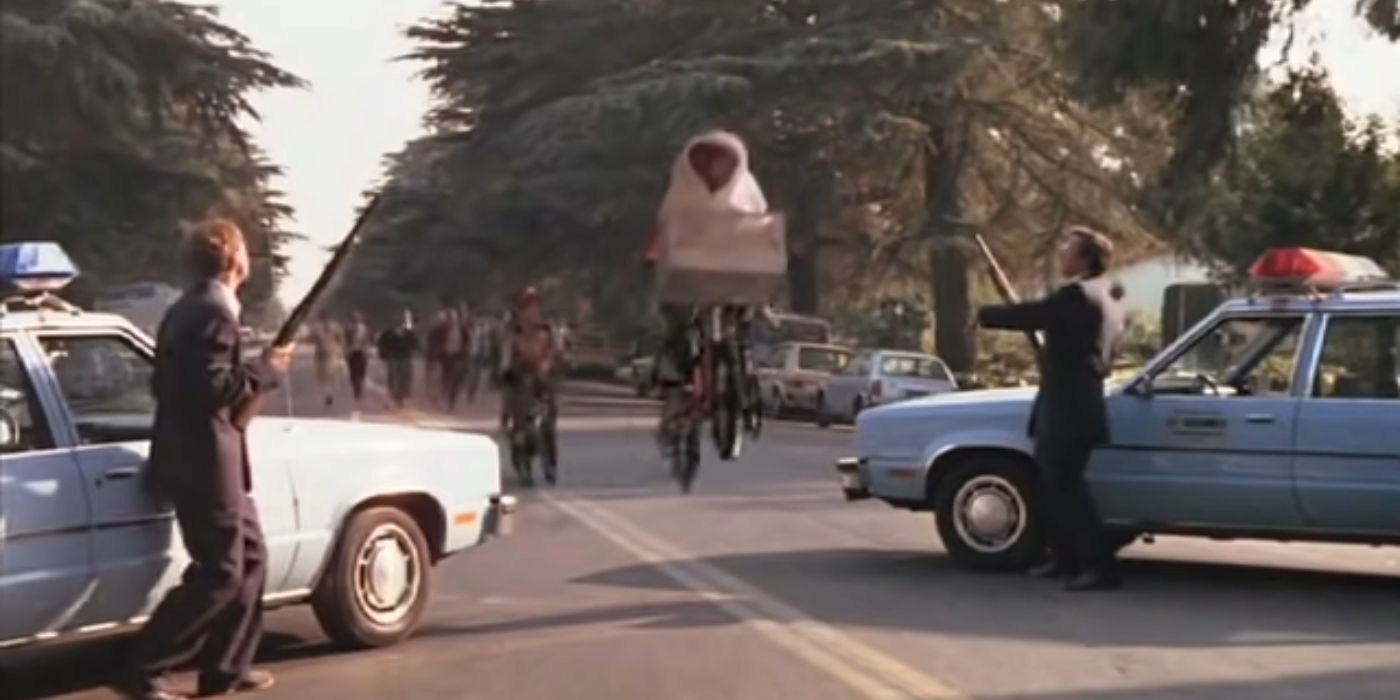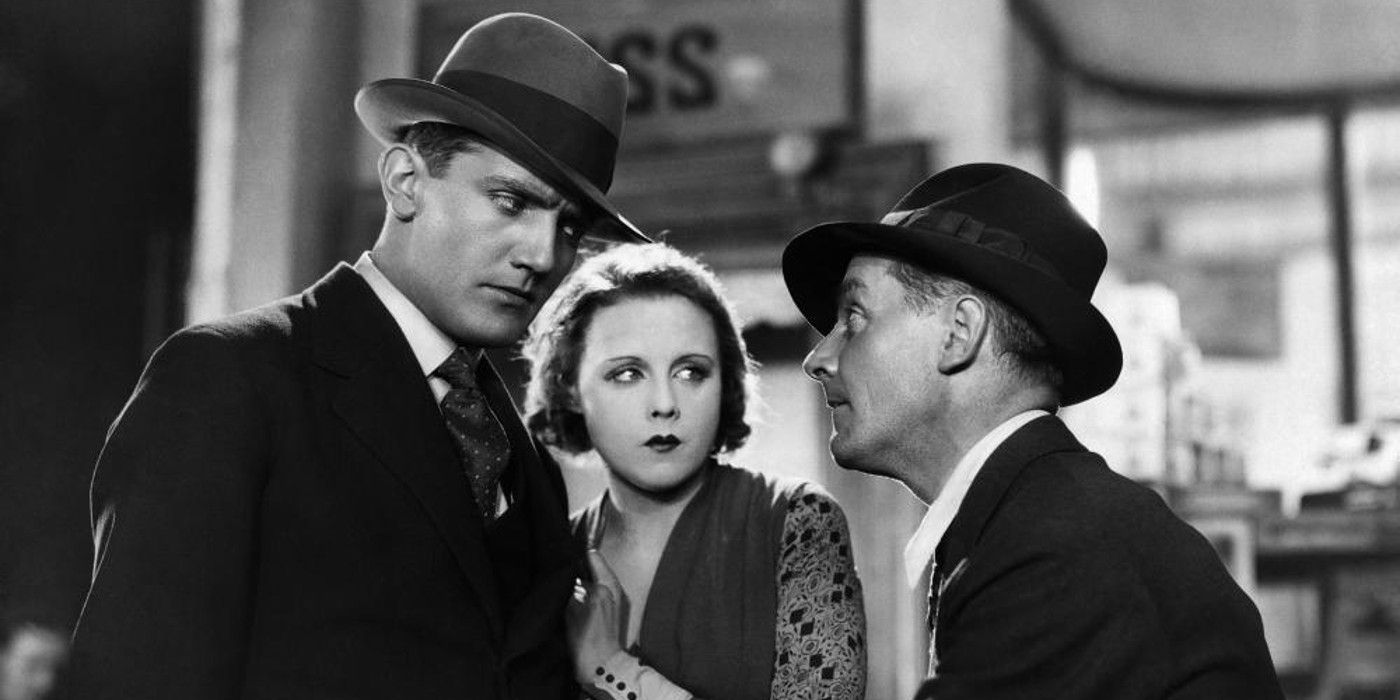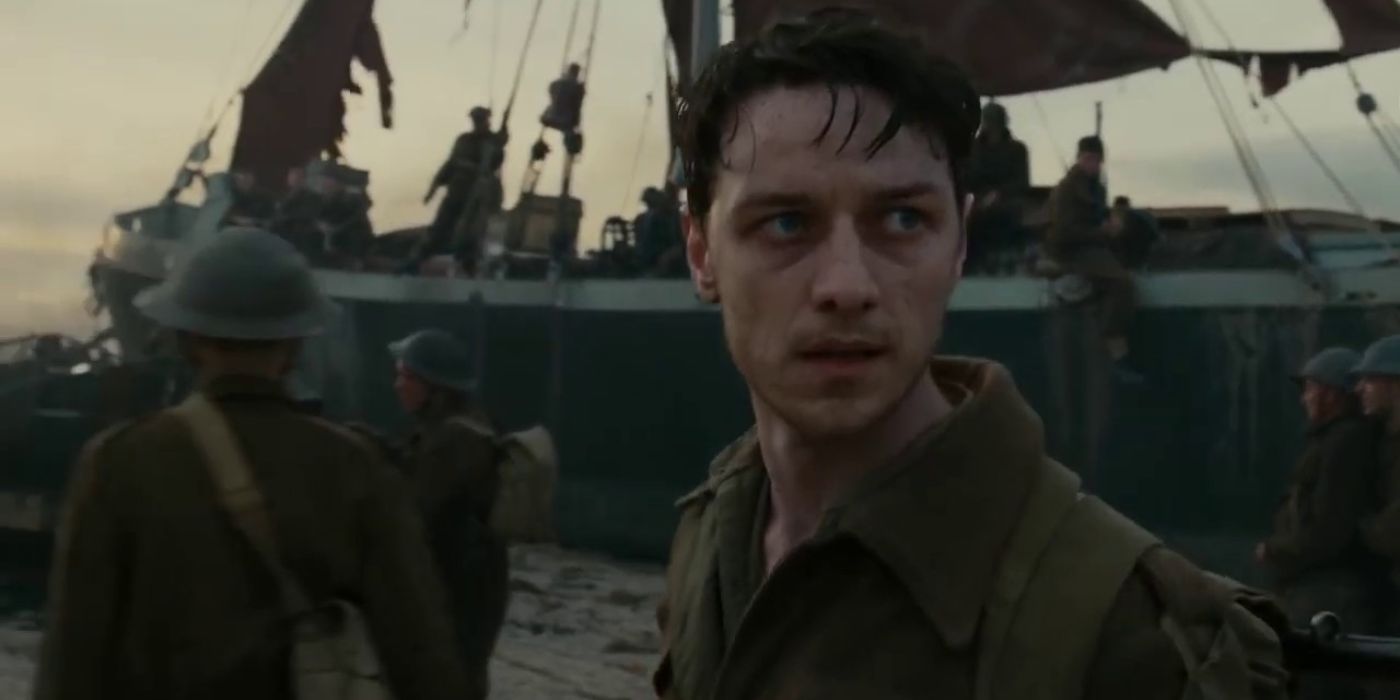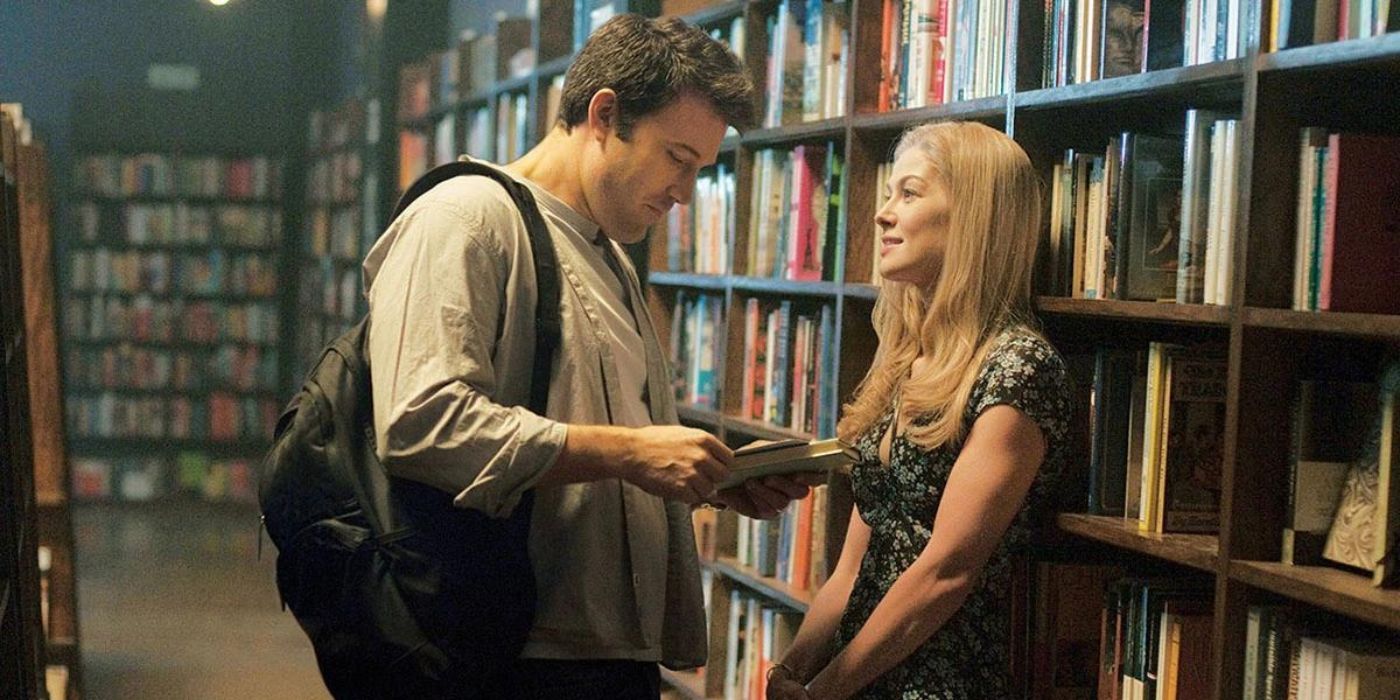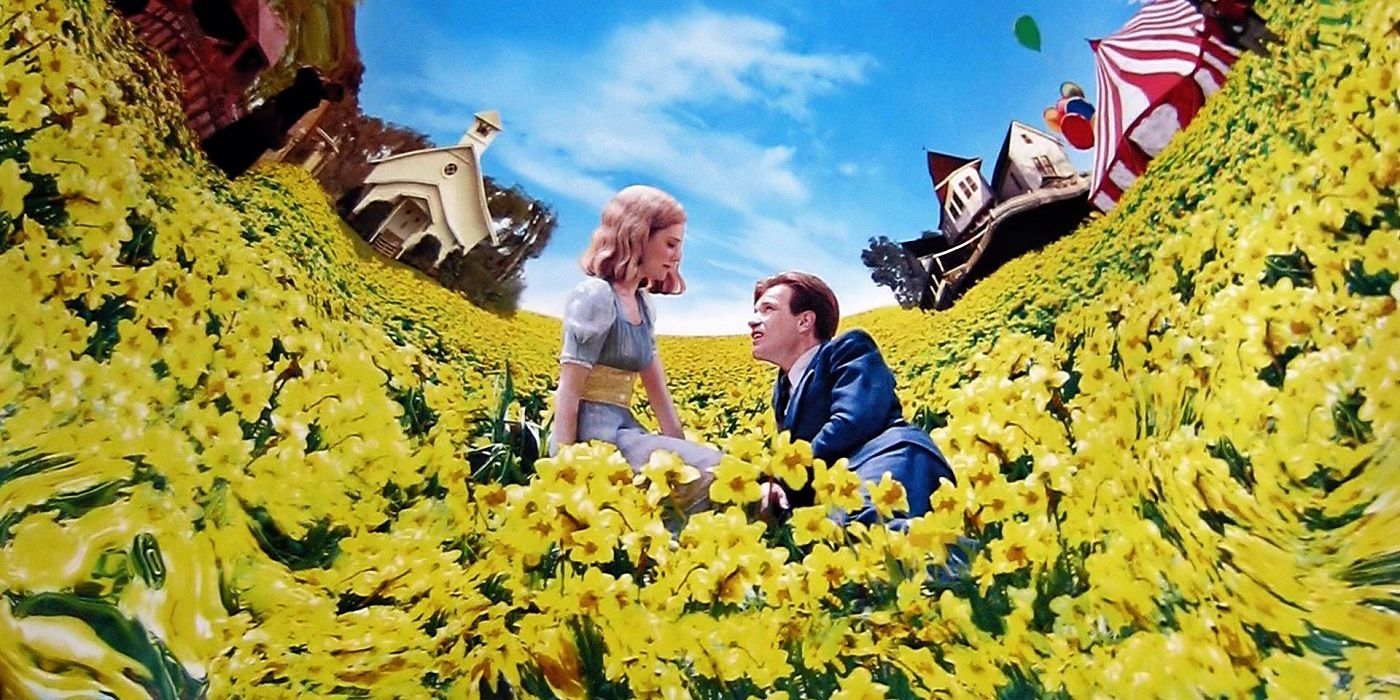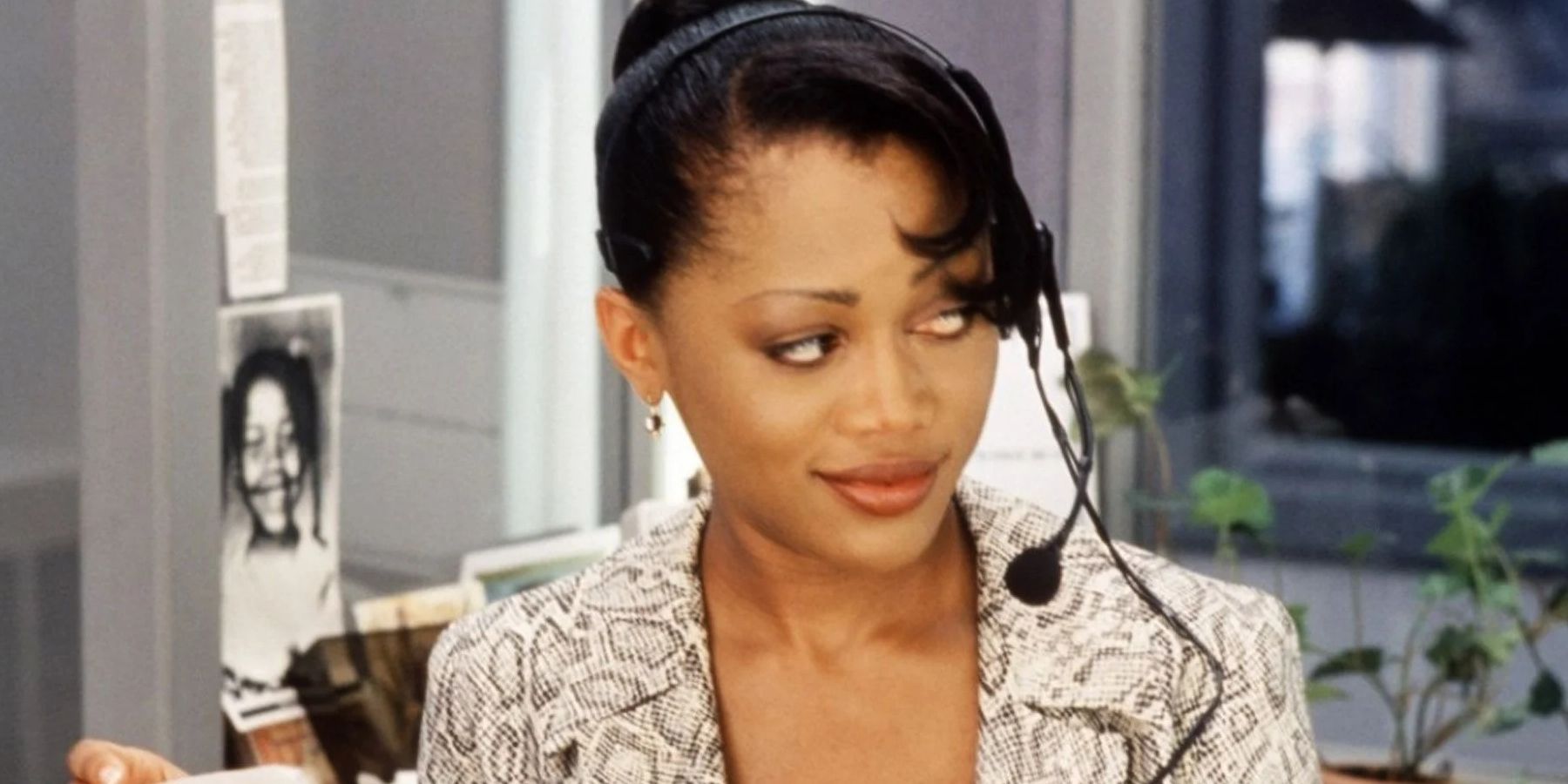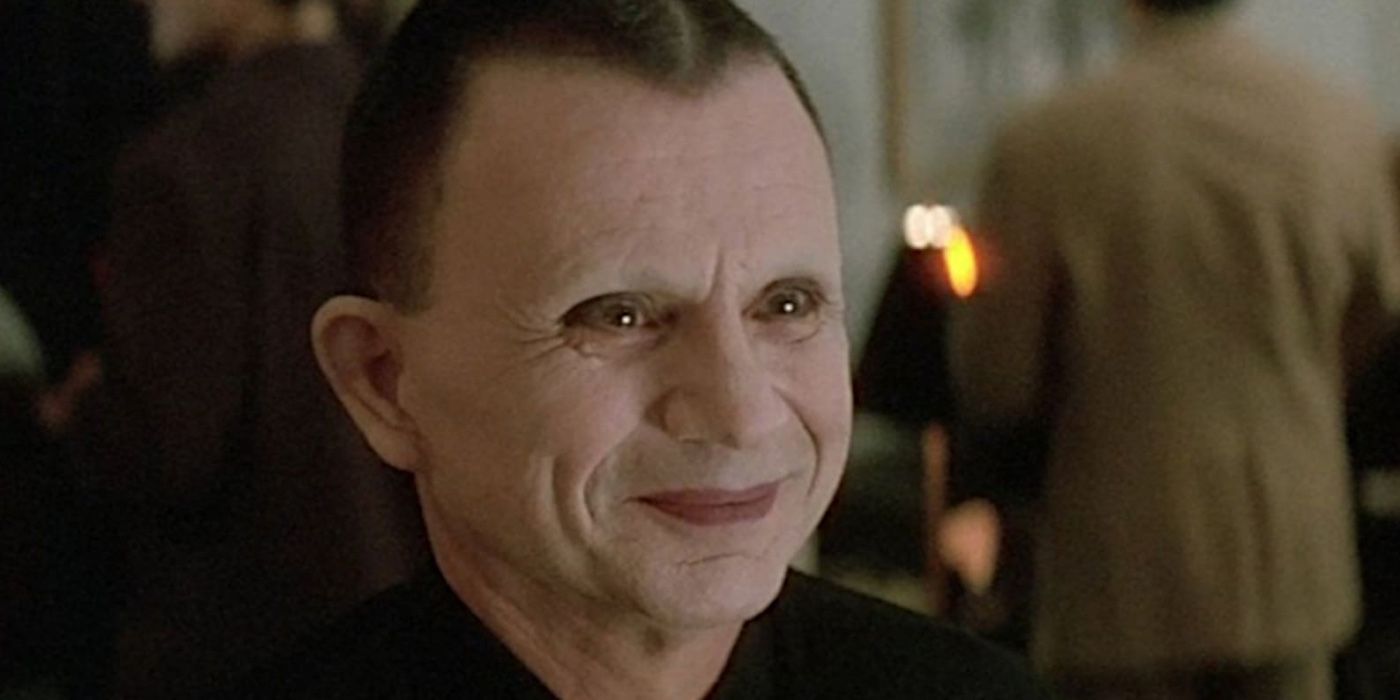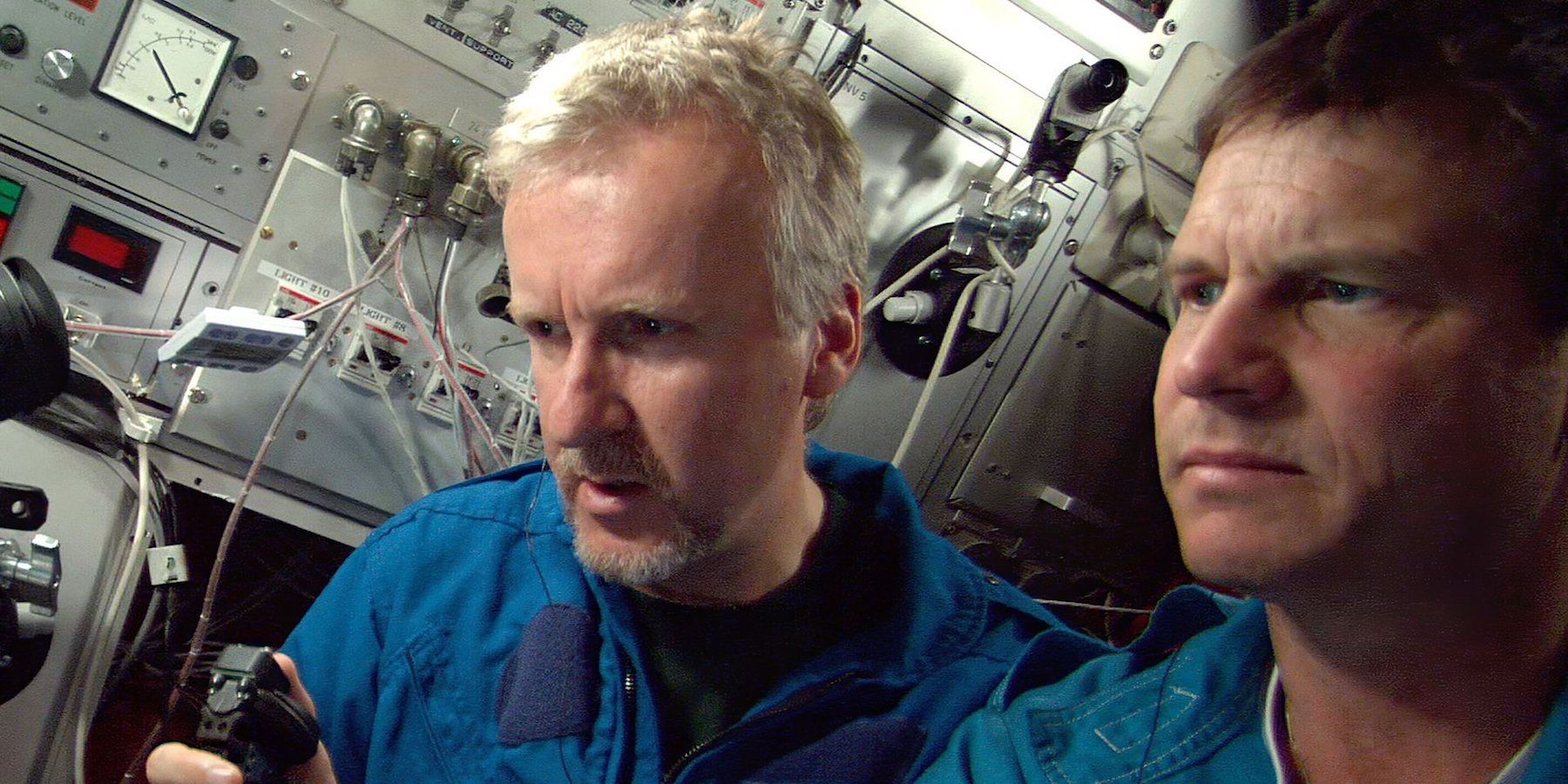Summary
- Setting a hard cap on the number of movies directed by a filmmaker can limit the potential of their filmography over time.
- Other legendary directors like Martin Scorsese, Steven Spielberg, and Stanley Kubrick have created their best works past their first 10 films.
- While Quentin Tarantino may prefer a limited movie career, other directors have made breakthrough films later in their careers.
Quentin Tarantino’s 10 movie rule may be peculiar, but if other iconic directors had followed his same goal, it could have enhanced their career, or left some of their greatest works unmade. Tarantino has set a personal goal to leave his legacy in Hollywood by setting a hard cap on how many movies he can direct. However, Tarantino also has set conditions for what movies of his qualify within this count. They must be written and directed by him, and sequels in a series like Kill Bill only count as one extended story.
However, when it comes to other directors, they do not always work within the worlds of writing and creating their own stories as well as directing. But, if these other legends of the industry had chosen to stick to the same rule, many of the most famous and ambitious films would never have been made. While Quentin Tarantino may wish to end his career on a high note with just a few spectacular films, other directors have a much more prolific career, with a few standout movies in their filmography.
10 Martin Scorsese – New York, New York (1977)
Scorsese has been a prominent name in the film industry for decades, but many of his biggest and best movies came in the 80s or later. His biggest success within the first 10 movies he ever made was Taxi Driver, starring Robert De Niro, but GoodFellas, Gangs of New York, and The Wolf of Wall Street all came years later. Scorsese has built up a reputation as one of the best directors of all time, but if he’d stopped after his tenth movie, his final release would have been in 1977 with New York, New York.
This would have been a huge waste of talent, and a massive blow to cinema for the following decades. Scorsese’s work has been incredibly influential and helped to establish several actors as huge names in the film industry. However, he would have already had multiple projects with De Niro, and ended on a solid high point with New York, New York.
10 Quentin Tarantino Projects That’ll Never Happen If The Movie Critic Is His Final Film
Quentin Tarantino will shoot his 10th film The Movie Critic this fall. If it really is his final movie, then these projects will never get made.
Steven Spielberg is another incredible director who began his directing career in the 60s and worked in multiple formats. Within his first 10 film releases, he did have some significant hits, including Jaws, Close Encounters of the Third Kind, and E.T. the Extra-Terrestrial. Spielberg was making huge waves by the time his tenth movie came out in 1982. E.T. would have been a high note to end on with an extremely successful movie, but many more of his greatest works came later.
However, by adhering to Tarantino’s 10 movie rule, Spielberg would have missed out on many more of his best known projects. Hook, Jurassic Park, the Indiana Jones sequels, and Schindler’s List are just a few of the films that would have been created all ahead of the year 2000. Spielberg then continued to release huge blockbuster films like A.I. Artificial Intelligence, Minority Report, Catch Me If You Can, and The Terminal in the years that followed.
8 Stanley Kubrick – Barry Lyndon (1975)
Stanley Kubrick created very few films during his career, with many of them being written, directed, and produced by him. He also continued working on films until his death in 1999. However, if he chose to stop after 10 movies, he would have retired from directing in 1975 after releasing Barry Lyndon.
Many of his most significant projects were released prior to this, including Paths of Glory, Lolita, Dr. Strangelove, 2001: A Space Odyssey, and A Clockwork Orange. However, two of his most iconic films, which are often placed as the highlights of his career overall, came out after Barry Lyndon. Full Metal Jacket, and The Shining were some of the crowning jewels in Kubrick’s career that would never have seen the light of day if he stopped at 10.
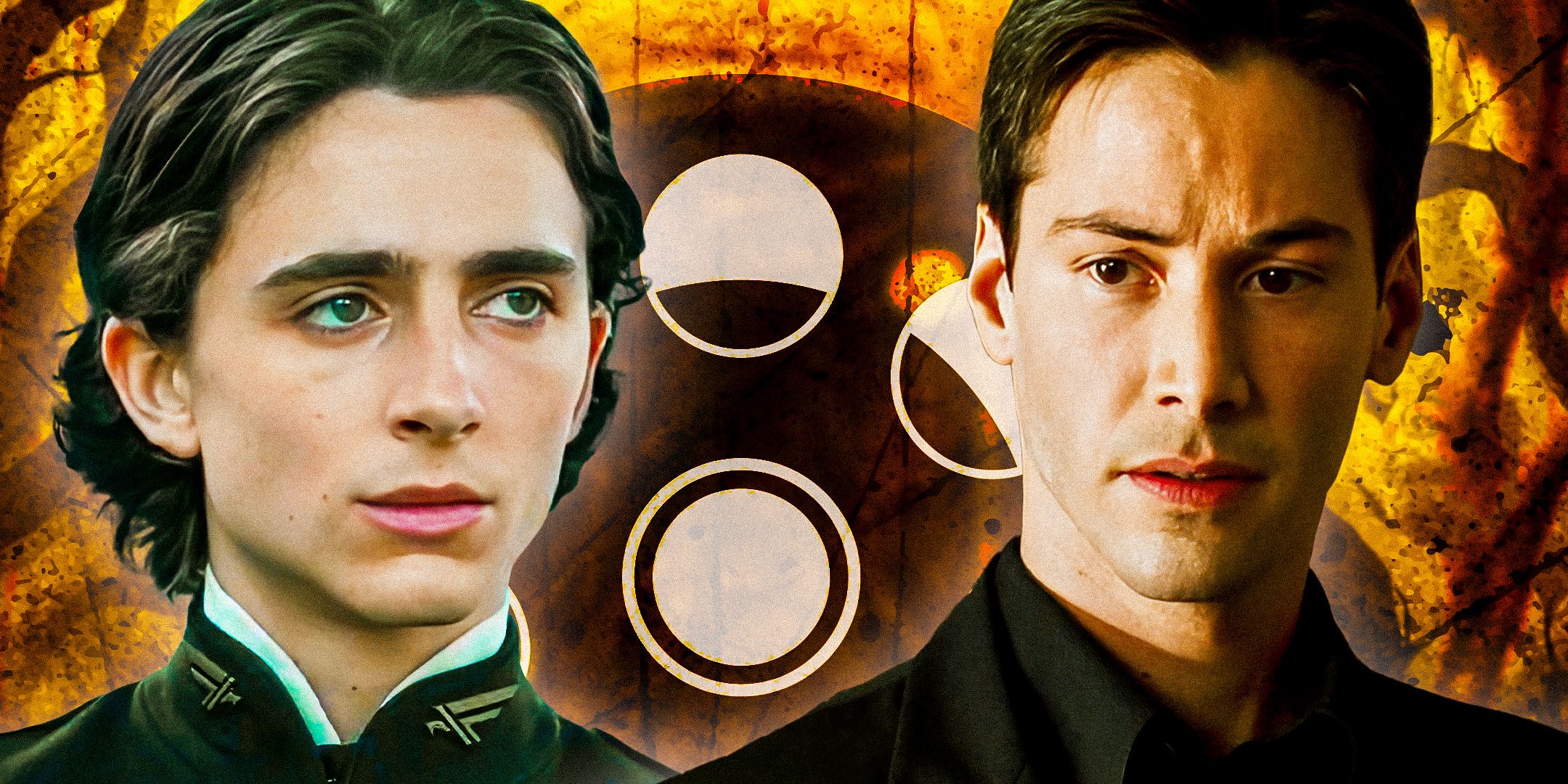
10 Great Directors Who Need To Make A Lovecraft Movie
Adapting a Lovecraft story is no easy task for a director, but there are many modern filmmakers with experience in sci-fi & horror who would be great.
7 Alfred Hitchcock – Blackmail (1929)
Alfred Hitchcock became known as the master of horror over the course of his lengthy career, but his earliest films were not initially in the horror genre. While Hitchcock found success early in his career with The Lodger in 1927, many of his biggest hits came decades later. He became well regarded early on, and became a notable name in the industry, but his tenth film was very early in his career, in 1929.
Blackmail is a crime thriller, with a young woman being blackmailed after witnessing a murder, but it was certainly not one of the more enduring or popular movies in his filmography. Blackmail was an early insight into his future works, like Psycho, Vertigo and The Birds, which continue to be held in high regard today, and establish his enduring reputation for decades to come.
6 Christopher Nolan – Dunkirk (2017)
Christopher Nolan is another discerning film director who carefully chooses the projects he works on. Between 1998 and 2023, Nolan only directed 12 feature-length films, but almost every one of them has had universal critical acclaim and garnered significant praise from critics and audiences alike. If Nolan would have thrown in the towel after 10 movies, his final entry would have been in 2017 with Dunkirk, but this includes three separate entries in the Dark Knight trilogy, which means, according to Tarantino’s own rules, Nolan would have just hit his quota with Oppenheimer in 2023.
However, if Nolan had stopped with Dunkirk, the film would win all three of the categories where it was nominated at the Oscars, and end his career on a high. The film is a historical war drama which details a pivotal battle in World War II. However, movies like Tenet, Oppenheimer and anything he creates in the future would potentially never be made, especially considering he also wrote both of those projects.

20 Best Directors Of All Time, Ranked
As one of the oldest of the most popular entertainment mediums, the film industry has built an impressive catalog of legendary directors.
5 David Fincher – Gone Girl (2014)
David Fincher spent many years directing music videos for some of the biggest names in music before eventually transitioning into feature films. He then made his directorial debut with Aliens 3 in 1994, before going on to create spectacular thrillers like Seven, Fight Club, and Zodiac. He then transitioned into crafting compelling character stories like The Curious Case of Benjamin Button, The Social Network, and The Girl with the Dragon Tattoo.
All of this came before his tenth film was released in 2014. Gone Girl became another hit film for Fincher, starring Ben Affleck and Rosamund Pike as Nick and Amy Dunne in a compelling mystery thriller. Gone Girl was very much a culmination of all of Fincher’s skills up to that point, and it was nominated for an Oscar. Fincher has only released two more feature-length films since then, but he is set to direct more projects which are highly anticipated due to his remarkable skills and talents thus far.
4 Tim Burton – Big Fish (2003)
Tim Burton has one of the most unique and quirky styles of any director working today, and he continues to release iconic movies and shows in his distinctive style. However, having begun his career in animation and breaking into making feature films in 1985 with Pee-wee’s Big Adventure, he went on to make his mark on cinema with plenty of other projects which all featured his Burtonesque style. However, had he stopped directing films with his tenth film in 2003, it would have been an incredible tragedy.
Despite that, his final movie would have been Big Fish, starring Ewan McGregor, which, while it is wacky and wild, remains one of his most reserved and natural looking films. The movie is an outstanding contribution to cinema, with an inspiring story about storytelling and imagination, but Burton continued to create quality projects in the years following its release. From Corpse Bride, to Sweeney Todd, and Alice in Wonderland, Burton’s body of work remains an iconic part of cinematic history.
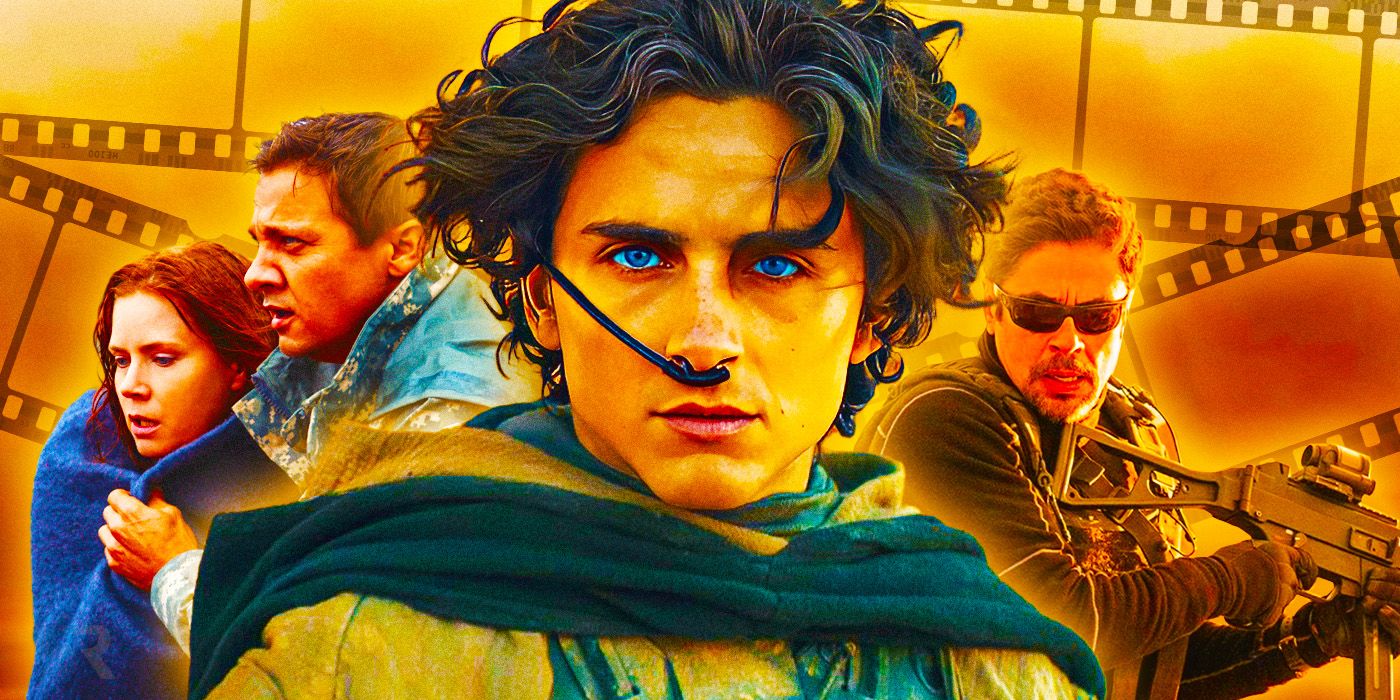
12 Most Impressive Movie Streaks By A Director
While one truly great movie from a director is already an achievement, some have had incredibly impressive years-long consecutive streaks.
3 Spike Lee – Girl 6 (1996)
Spike Lee’s career as a director began as early as 1979 with a short film, before moving on to work predominantly directing music videos for prominent Black artists. However, as his career developed, he became an outstanding filmmaker who created numerous films that focused on telling stories from a unique perspective as a person of color, which resulted in his popularity rapidly rising. In 1992, he released a movie, Malcolm X, about the influential figure, and it marked a change in his career to focusing on telling these important stories.
However, Spike Lee’s tenth movie would have been an odd end to his career, with the movie Girl 6. This film actually featured Quentin Tarantino in a role as a director, which would have been an interesting way to close out his career. Fortunately, Lee has continued to make films, with works that continue to deliver important messages and tell meaningful stories, like BlackKklansmen, Oldboy, and Inside Man.
2 David Lynch – Lost Highway (1997)
David Lynch is another director who has a very unique style with his surreal approach to filmmaking, and the unique visuals which appear in his work. His first feature length film, Eraserhead, was released in 1977, and immediately caused huge waves in the industry due to its surrealist, unusual exploration and approach to storytelling. Over the next 20 years, his contributions to film were well regarded, and he created the original Dune adaptation and a TV series that achieved great success with Twin Peaks.
Lynch’s style is one of the most studied and discussed in academia, and has inspired many other filmmakers and aspiring filmmakers to explore and experiment with their own voices. His tenth film, Lost Highway, was a strong entry within his filmography, with another surreal story which plays with time, and bends reality around a strange mystery, but Lynch’s style needs to be explored in order to be appreciated, and with dozens more films released since 1997, his work continues to live on and inspire people today.
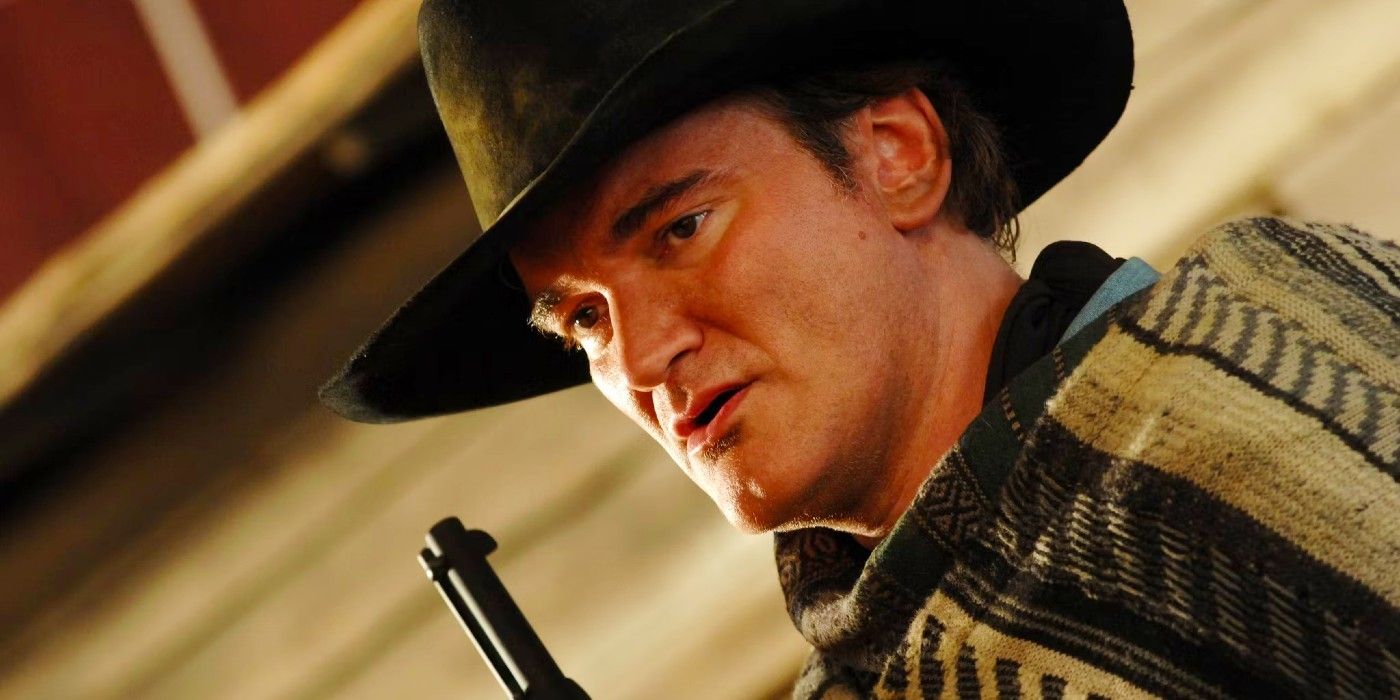
10 Movie Directors Who Became Their Own Franchise
Most moviegoers look for recognizable actors or big franchises, but some directors can drive box office numbers as much as any other factor.
1 James Cameron – Ghosts Of The Abyss (2003)
James Cameron is one of the most bankable directors in Hollywood, with three of the top four highest earning movies of all time coming from him. He has also contributed to major franchises like Alien, and created franchises such as the Terminator movies and the Avatar films. However, Cameron is also a director with a very short filmography despite his many years working in the industry, as he often spends several years crafting a single project.
Despite this, Cameron would have retired in 2003 with a much lesser known film as his final bow if he were to stick to the Tarantino 10 movie rule. Ghosts of the Abyss is actually a documentary film by Cameron where he and Bill Paxton visit the wreckage of the Titanic at the bottom of the ocean. Excluding documentaries, Cameron’s final film would have been the first Avatar movie in 2009, which would have been quite a high note to end his career on, but left the future of Pandora forever in limbo.



